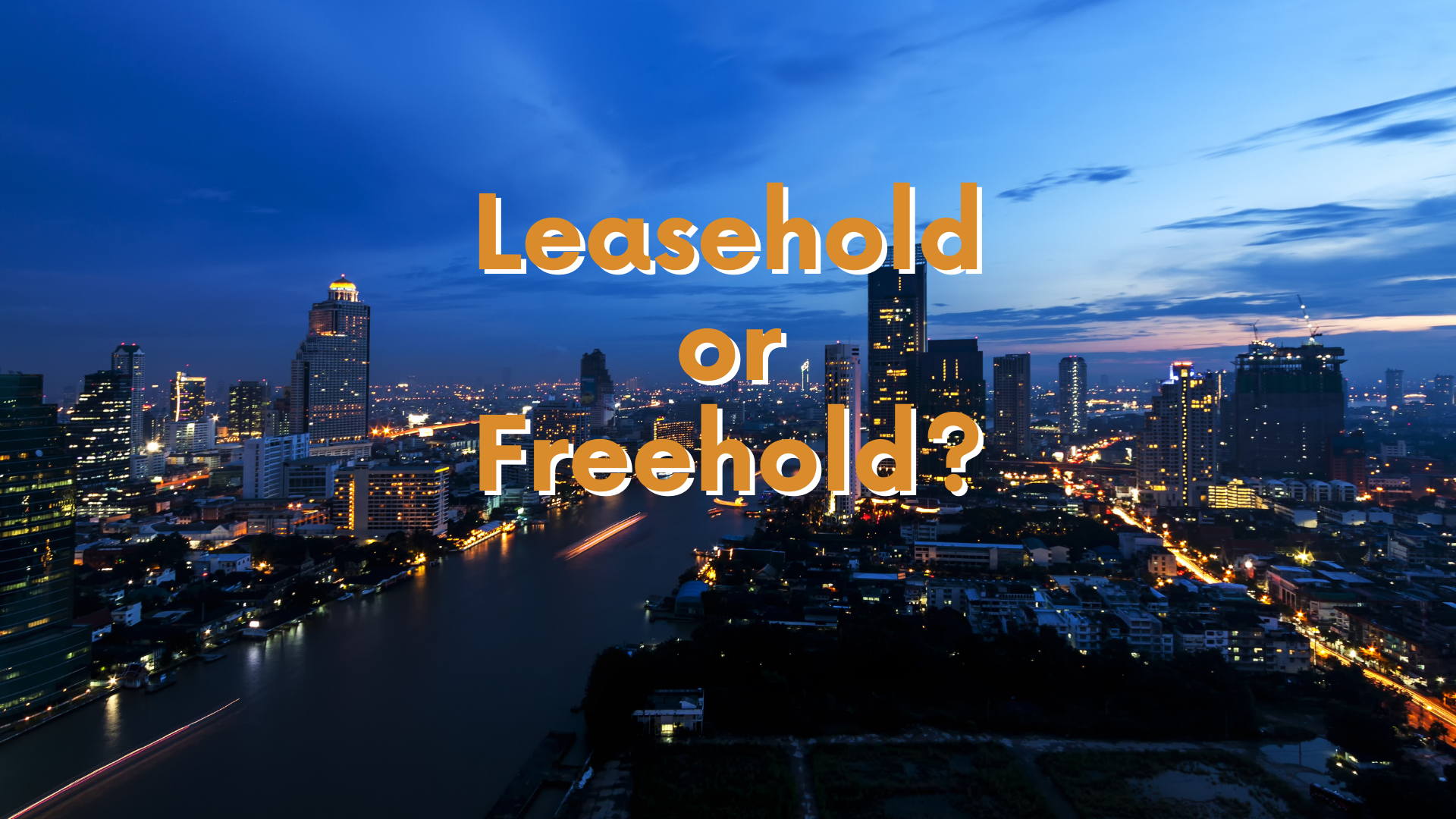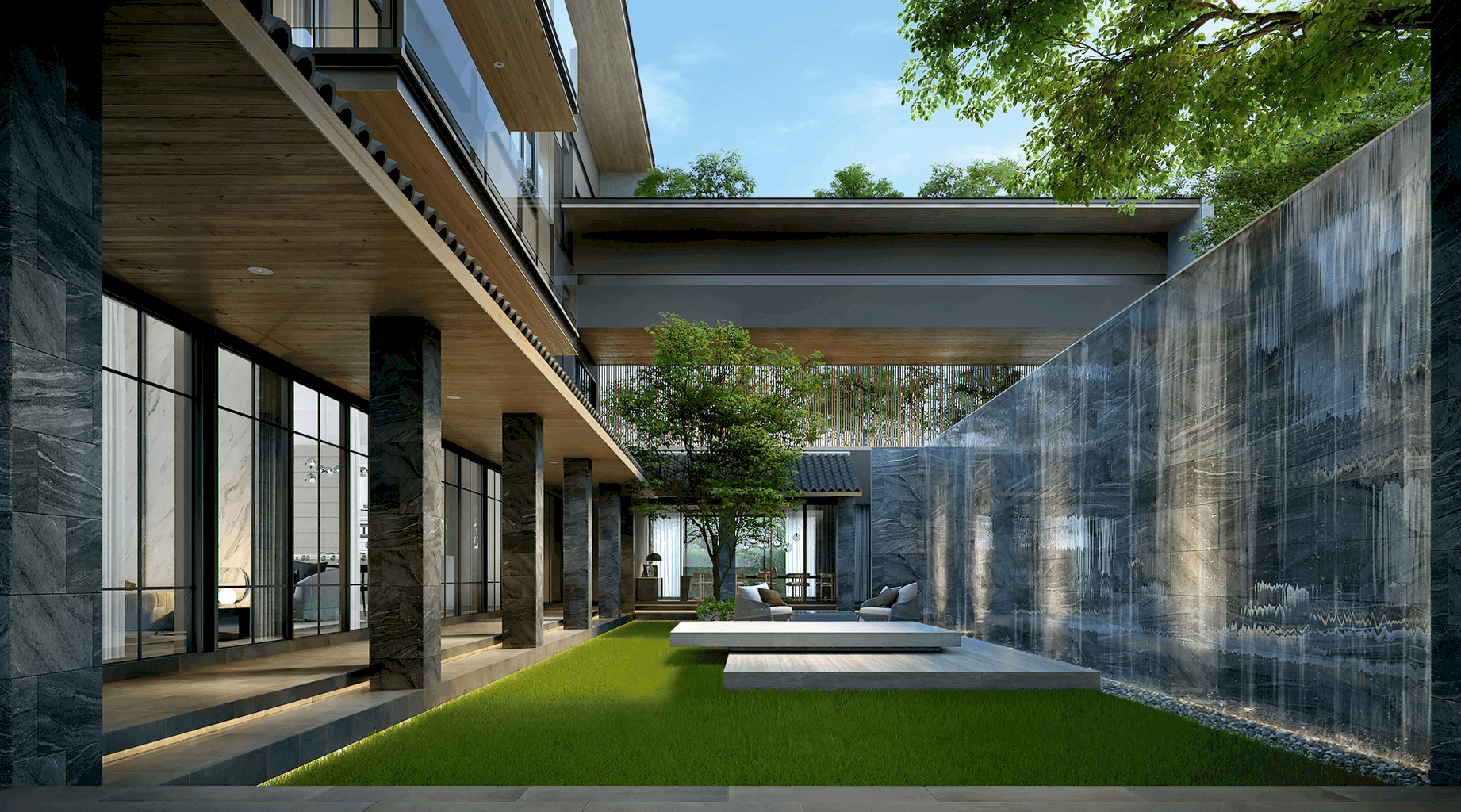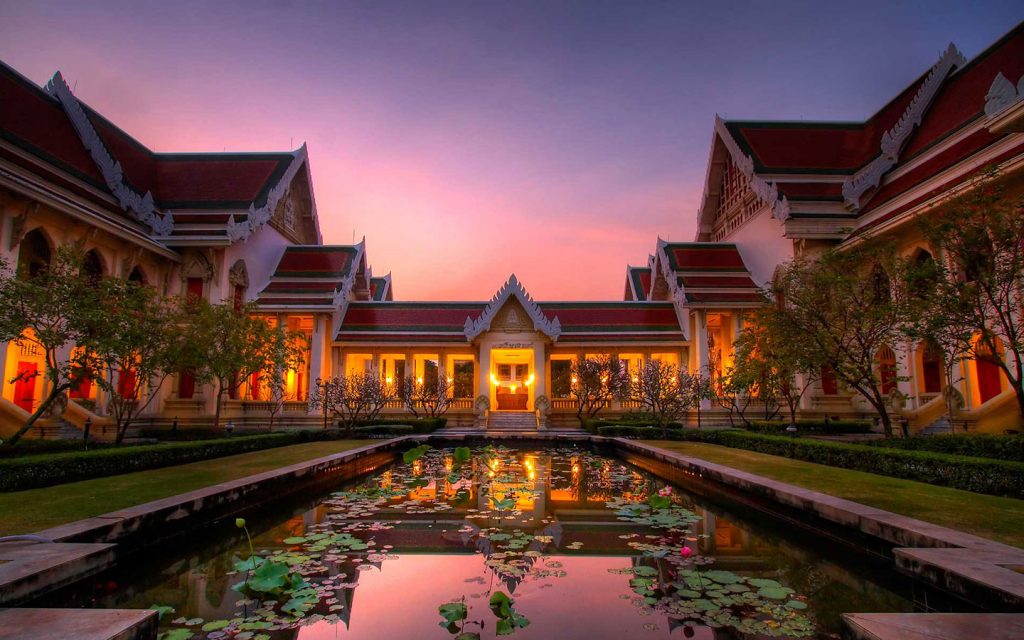In Short
Advice
In Thailand’s property market, you’ll often hear the terms leasehold and freehold. They are not just legal jargon. These terms affect how much control you have over a home, how long you can keep it, and what you are allowed to do with it.
Understanding the difference between these types of ownership is especially important in Thailand, where local laws, foreign ownership rules, and investment timelines can shape what is legally possible and financially wise.
Whether you are a Thai resident buying your first condo or an international buyer planning a long-term investment, this guide breaks it down in simple, everyday language.
What Leasehold Means
A leasehold property gives you the legal right to use or live in a property for a fixed amount of time. In Thailand, this lease period is typically 30 years. Some contracts include the possibility of renewal, but under Thai law, only the first 30 years are legally binding. Any promise of an extension depends on the landlord and is not automatically protected.
Leasehold does not give you full ownership. You are essentially renting the property for the long term. Once the lease expires, the right to use the property goes back to the legal owner unless a new agreement is signed.
Many buyers consider leasehold because it tends to cost less than full ownership. It is often an easier way to access properties in popular areas or locations where freehold is not available to foreign buyers. However, you will not be able to pass the property on as inheritance, and your ability to make changes or profit from the property may be limited by the lease agreement.
What Freehold Means
Freehold ownership gives you full and permanent rights over a property. If you buy a condo under freehold, you legally own the unit and a portion of the building and land it sits on. This gives you more flexibility in how you use the property, including the right to live in it, rent it out, sell it, or leave it to family members.
Thai citizens can purchase freehold property without restriction. For foreign buyers, freehold is available for condominiums only and up to 49 percent of the total floor area in a given building. Once that limit is reached, any additional foreign purchases must be leasehold.
Freehold is ideal for those planning long-term stays, future rental income, or eventual resale. While it usually costs more upfront, it also offers stronger financial security and the potential for capital gains if property values rise over time.
What This Means for You as a Buyer
Deciding between leasehold and freehold comes down to your personal goals and financial situation.
If your stay in Thailand will be short term, or you want a lower-cost option with less commitment, leasehold can make sense. It provides access to well-located properties at a lower purchase price and can suit people who do not need to hold the property for decades or pass it on to future generations.
If you want long-term control over your home or investment, or plan to pass the property to your family, freehold is the better choice. It offers full legal ownership, more flexibility, and the chance to benefit from rental income or value growth over time.
Both options can be valid depending on your purpose, but it is important to know the legal limits and practical differences before deciding.
Thailand's Property Rules and Foreign Ownership
Thailand’s laws around property ownership are specific and sometimes misunderstood. Here are key things to keep in mind if you are buying as a foreigner or considering legal structures:
Foreign individuals are not allowed to own land in Thailand. That means standalone houses or villas with land are generally off-limits unless you are leasing the land or setting up an approved legal structure. These arrangements must be carefully reviewed with a local property lawyer to ensure they follow the law.
For condominiums, foreign ownership is allowed up to 49 percent of the total floor space in any building. This quota is strict. Once it is full, new foreign buyers can only purchase on a leasehold basis. Freehold purchases are no longer allowed beyond that point.
Lease agreements are capped at 30 years. While some developers market 30 plus 30 year structures, only the first 30 years are legally valid. Any renewal must be re-signed and agreed upon, and there is no legal guarantee that it will happen.
Some leasehold units are built on land owned by government entities or royal agencies. These leases may come with extra restrictions or lack long-term security. Always review the land title and lease terms carefully with a qualified legal advisor.
Summary
The difference between leasehold and freehold is not just legal. It shapes how you live, invest, and plan for the future in Thailand.
Leasehold gives access and flexibility but comes with limits and an expiration date. Freehold gives full ownership and peace of mind but requires a higher budget and attention to ownership rules.
Whatever option you choose, make sure it fits your needs, and always take time to understand the legal details before making a purchase.
Got further questions? Contact us!
If you still have further questions or concerns on leasehold, freehold, or real estate in general, please don't hesitate to speak up and contact us. Our property consultant team will be very happy to help answer your questions.
FAQs
Lorem ipsum dolor sit amet, consectetur adipiscing elit. Suspendisse varius enim in eros elementum tristique.
Explore More Topics
Free real estate resources and tips on how to capitalise



